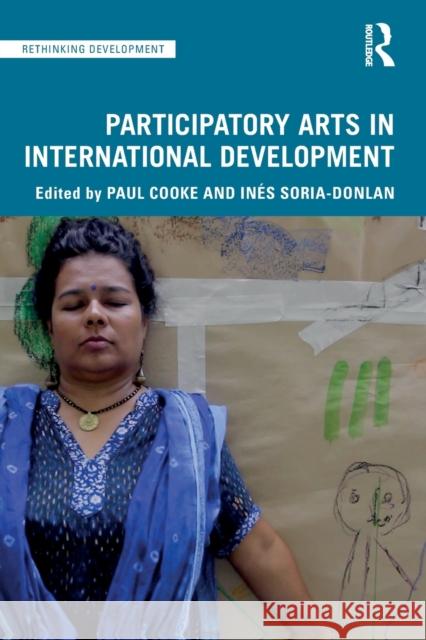Participatory Arts in International Development » książka
topmenu
Participatory Arts in International Development
ISBN-13: 9780367024970 / Angielski / Miękka / 2019 / 246 str.
Participatory Arts in International Development
ISBN-13: 9780367024970 / Angielski / Miękka / 2019 / 246 str.
cena 218,11
(netto: 207,72 VAT: 5%)
Najniższa cena z 30 dni: 196,40
(netto: 207,72 VAT: 5%)
Najniższa cena z 30 dni: 196,40
Termin realizacji zamówienia:
ok. 16-18 dni roboczych.
ok. 16-18 dni roboczych.
Darmowa dostawa!
This book explores the practical delivery of participatory arts projects for international development.











